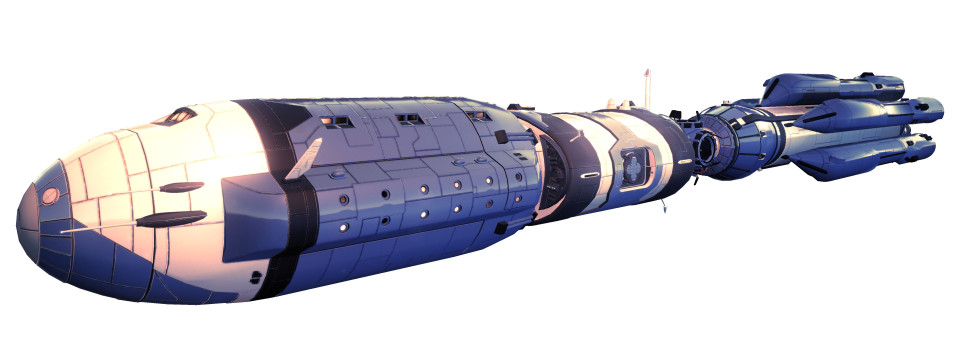At the recent Casual Connect Europe show, Sjoerd De Jong, Northern European Evangelist for Epic Games, demonstrated on how Epic Games’ Unreal Engine 4 empowers developers. By building a simple game live on stage, the presentation gave you an overview of some of the features found in Unreal Engine 4. Sjoerd explain, “There are so many tools built in. It’s not just a fancy tool that we built, (it is not) ‘look you can build simple games with it if you draw some wires’. We have a background and triple A development for a long time.” Tune in below to see a informative demonstration and to learn more about Sjoerd.

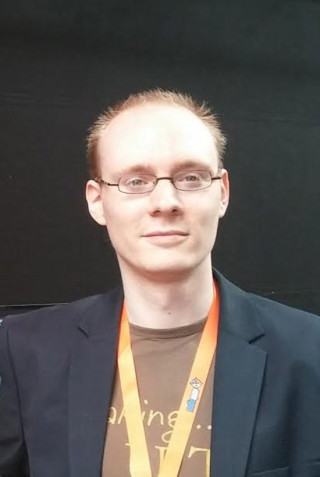
Sjoerd DeJong is evangelist for Epic Games, traveling through Northern Europe to promote Unreal Engine 4. After 16 years of using Unreal Engine, Sjoerd has accumulated expertise in the full range of Unreal topics and enjoys sharing this experience, particularly with those new to Unreal. Casual Connect recently enjoyed learning about Sjoerd’s background and perception of the game industry.
Casual Connect: Tell us about the work you do at Epic Games. How did you come to work there?
Sjoerd DeJong: As evangelist for the Unreal Engine, I travel around a lot, in particular in the northern half of Europe. I attend conferences and meetups, visit universities and, in general, maintain a conversation with the developers in my region. I reach out to developers new to the Unreal Engine, while keeping contact with our existing partners and developers.
I began using the Unreal Engine 16-17 years ago when the first Unreal came out and have been in love with it ever since. I have been active in the Unreal mod community for years as a level designer, and by 2003 that led to my first job in the industry. Being a longtime advocate of the engine, my current role feels like a perfect fit.
CC: How have your past experiences been helpful to you in your current position?
Sjoerd: Throughout my career I have worked as a developer for anything, ranging from large AAA studios to independent developers. I also have been involved in game development education for a long time, having run one of Sweden’s prime game education developments for years. And I have been running my own indie studio for years as well, having released 3 multiplatform titles so far. Those experiences have allowed me to build up an understanding for how different parts of our industry work, something which is vital for the work I do.

CC: What do you do in your free time? What are your hobbies?
Sjoerd: The little free time I have I like to spend quiet and offline. I live right next to a large forest, so I tend to head off into the woods with my dog, with no phones or internet or anything else that connects me.

CC: What is your favorite thing about your job?
Sjoerd: While at times exhausting, all the traveling gets you visiting so many cool game studios and conferences, and meeting so many interesting studios, that it is really worth it. There are just so many cool games in development out there, and there is so much passion going on. It is inspiring!

Sjoerd: To me, my current job is the natural outcome of having done so many different things within the industry, along with my 16-17 year dedication to using the Unreal Engine. I originally began my career as a level designer, and I realized after a number of years that the work had become a bit too repetitive for my liking, and a bit too isolated in a way. What I mean with that was that being locked to a desk in an office started to get the better of me, so I began looking for ways I could take on a role that gave more social interaction and variation. The first thing I did was move into teaching game development, and from there on out I moved into doing evangelism for the Unreal Engine. Now I get to teach the engine I have been using for so long to people all over Europe rather than in just one location, and with an even greater variation. It is simply the next step.
CC: What was your dream job as a child?
Sjoerd: I spent a huge amount of time playing with Lego when I was young. I built huge cities, up the point where I had to take the bed out of the room just to be able to utilize the last remaining space for further expansions. So I guess you can say my love for designing worlds came early; I just didn’t know back then how to turn that into a job.
CC: In your younger years, was there anything that hinted at your future career path in gaming? Did you expect to end up where you are today?
Sjoerd: I started in game development in the late 90s in a country with pretty much no games industry, so back then it was very difficult to see where all this could lead. I began making games because it was simply fun, and it was only a few years later that I found out you could earn your living with it. Looking back and seeing what path I have taken, it is quite amazing how it all worked out so well.
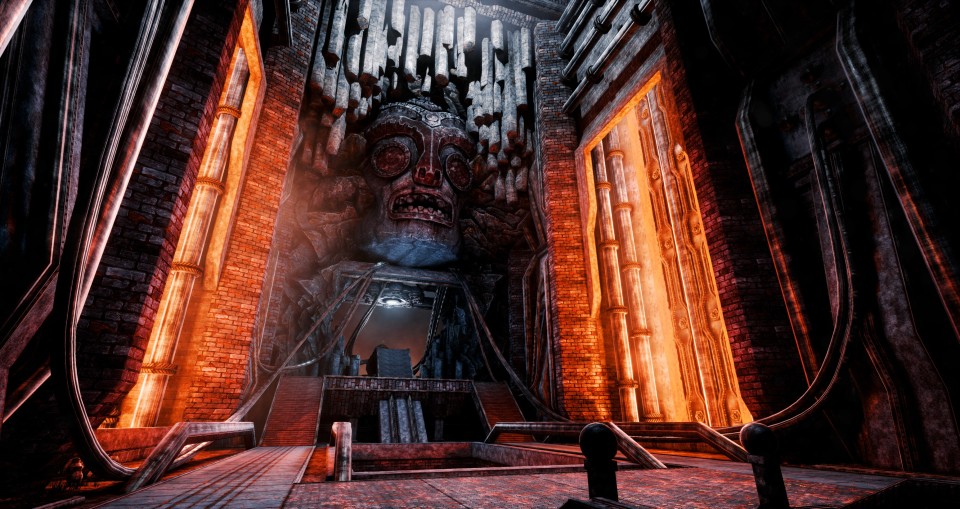
CC: When did you first become interested in art, design and coding?
Sjoerd: When I was 15 and I just got my first proper computer. One of the first “next gen” games I installed at that time was Unreal, and I was instantly captivated by the look and feel. Being 15 and having nothing else to do, I began looking through the files that were part of the game and found the editor. I booted it up, and because I didn’t have any internet back then, I randomly clicked everything in the interface for months on end until I began seeing patterns in how everything worked. Slowly but surely I began building ever larger levels, and when I finally got internet I found out there was an entire online community building levels. I began comparing my levels to the rest of the world, and before I knew it building levels was all I was doing every day.
CC: What is your creative process like? Where do you begin?
Sjoerd: I am a big believer of starting out from the limitations, rather than from dreams, so I always tend to begin by looking at what I have and don’t have in terms of resources. How much time, skill, money and how many people do I have available? What are the hardware and software limitations? Once I have identified those, I begin looking for ideas that utilize my strengths, avoid my weaknesses, and respect the set limits. I find that works much better than starting out with awesome idea and then to try and mold it into something that takes your limitations into account.
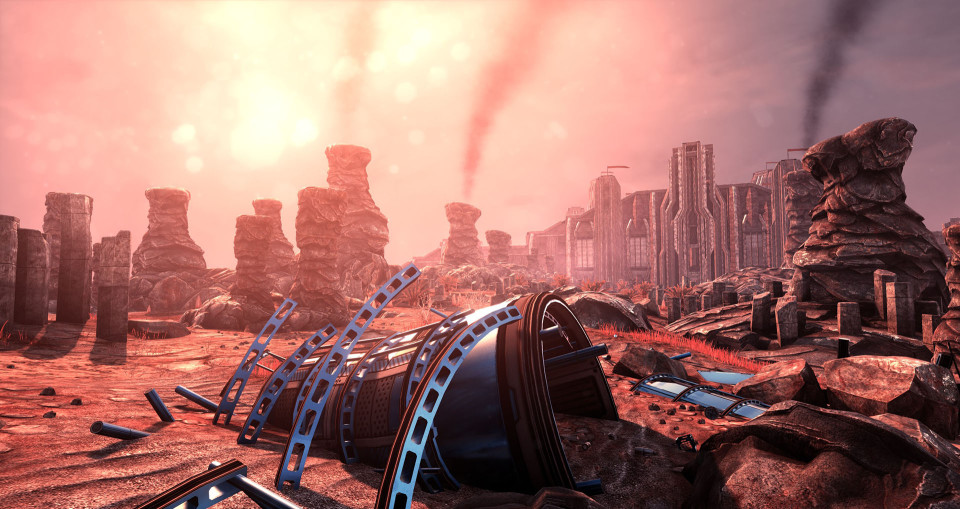
CC: Where do you find the most inspiration for your designs? What was the most interesting thing you found inspiration from?
Sjoerd: I don’t have and never had a single source of inspiration. I tend to pick up influences left and right from everything I am exposed to. Movies you watch, games you play, things you see. All the games and worlds I have created over the years tend to be accumulations of multiple sources. There were a few games and movies that stand out though. Influence of the first Unreal is visible in almost every single thing I have made. Also, 80s and 90s classics, such as Indiana Jones and Tomb Raider, really imprinted a mood and feel that I tend to strive for in my work.
CC: If you had unlimited resources and time, what type of game would you create?
Sjoerd: I’d create games I myself would enjoy the most, and then do them as good and as big as possible. For example, I still have very fond memories of Total Annihilation, so I’d create something like that but on a totally massive scale.
CC: What is the most challenging part of game development for you? What is the most rewarding part?
Sjoerd: I think what is the most challenging for most indies is all of the surrounding overhead, meaning marketing, business, economy and so forth. Those are pretty taxing because they quickly turn into a full time job and distract you from creating the actual game itself. Yet they are 50% of your business. So if you don’t put substantial time into them you won’t succeed. And that is the thing. Most indies want to be game developers but not necessarily entrepreneurs. When it works out, however, it is also really rewarding. To know you managed to get attention going for your game and see people become fans is awesome.
CC: What methods do you use to handle creative blocks? Do creative blocks occur frequently?
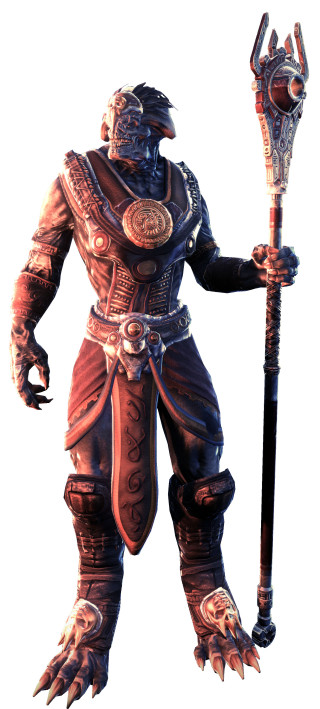
CC: What was a painful experience you found a way out of? How did you do it?
Sjoerd: Not every game goes as planned. There have been a number of games I worked on that didn’t work out quite as well as we had hoped, and that has always been very sad to see, both for the game itself and for the team. Luckily, I have known very few, if any, cancellations in my career. But a number of games had a very rough time during development, and the sacrifices made by the team were grave… What usually happens with games that are already in rough weather during development is that they often don’t do great after release either. The problems that haunt it during development tend to shine through in the final product, so you end up in a situation where the team sacrifices tons to try and keep afloat, but you all know it is a losing battle. Every single game I have been involved in that had problems, led to the closure of the studio or team directly following its release.
CC: What has been the proudest moment of your career so far? What led to this moment happening?
Sjoerd: That is a hard one. There have been so many cool moments over the years it is hard to pick one. Releasing your own games is one of them. The fact that with limited resources and with just a few people you can manage to pull off making pretty big games and then distribute them worldwide is really cool. It is your very own idea and creation you have spent years on, and suddenly hundreds of thousands of people play the very thing you built and the story you came up with.
CC: What do you think will be the next big thing in the next three to five years? How are you incorporating this trend into your future plans?
Sjoerd: I think there is a lot of hype around VR, and while it is very cool to me as a gamer, I think that is has a number of limitations right now that would hold it back from going mass market. I think an augmented reality type of technology for which we do not have to wear bulky devices (VR) is going to go much wider in society once we have figured out how to create such devices in a user cost friendly way. That would be something that would go way beyond gaming and would be a real society-changer in the same way that smart phones have been. That is something I cannot see VR accomplishing.

Comments


